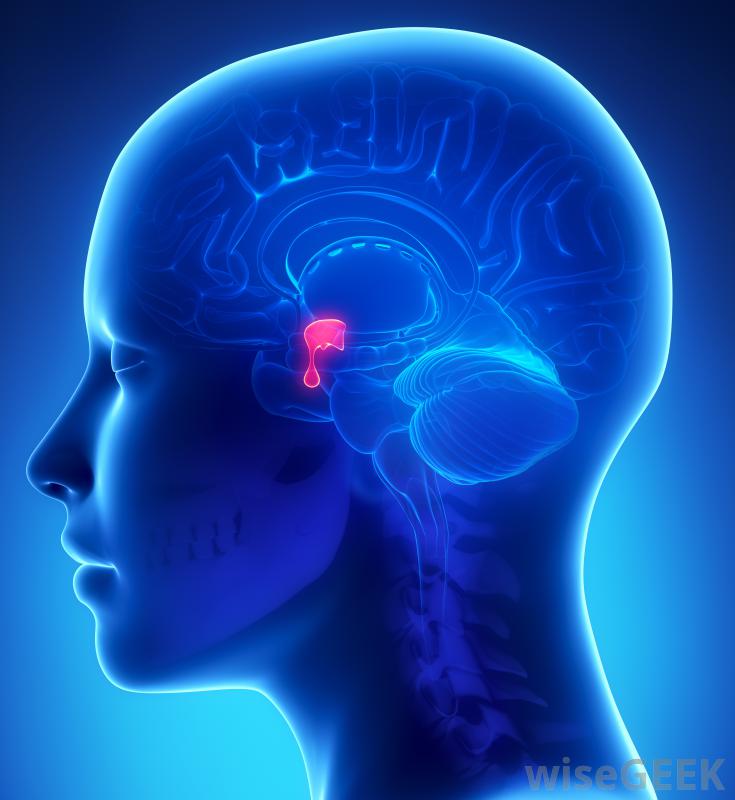Kalra Brain & Spine
At KBS, we treat our patients as neighbors, friends, and family. Our goal is to educate you, treat your symptoms, and help you recover as fast as possible
Pituitary Tumors
A pituitary tumor is an abnormal growth that develops in your pituitary gland. Some pituitary tumors cause the production of too many of the hormones that regulate important functions of your body. Others can cause your pituitary gland to produce lower levels of hormones.
Most pituitary tumors are noncancerous (benign) growths. These growths, called adenomas, remain in your pituitary gland or surrounding tissues and don’t spread to other parts of your body.
Large pituitary tumors—those measuring about 1 centimeter or larger—are known as macroadenomas. Smaller tumors are called microadenomas. Because of the size of macroadenomas, they can put pressure on the normal pituitary gland and nearby structures.
Symptoms
Not all pituitary tumors cause symptoms. Pituitary tumors that make hormones (functioning) can cause a variety of signs and symptoms depending on the hormone they affect.
The signs and symptoms of pituitary tumors that don’t make hormones (nonfunctioning) are related to the growth and the pressure they put on surrounding structures. Symptoms related to nonfunctioning pituitary tumors include:
- Headache
- Vision loss (especially peripheral vision)
- Dizziness
Risk Factors/Causes
Pituitary tumors have very few known risk factors and those that exist are genetic. There are no known environmental or lifestyle-related risk factors for pituitary tumors. Though, studies have suggested people who are overweight or obese might be at increased risk. Most people who develop pituitary tumors don’t have a family history of the condition. In rare cases, pituitary tumors can run in families.
Truthfully, we don’t know exactly what causes most pituitary tumors. In recent years, scientists have made great progress in understanding how certain changes in a person’s DNA can cause cells in the pituitary to produce a tumor. Additionally, some people inherit gene mutations (changes) from their parents that significantly increase their risk for developing pituitary tumors.
Treatment Options
Many pituitary tumors don’t require formal treatment. Treatment for those that do depends on the type of tumor, and the size of the tumor. Your age and overall health also are factors.
Treatment can include surgery, radiation therapy and medications, either alone or in combination.
New Hope From a Brain Expert
When world-class training meets hometown values deeply rooted in family and community, the result is the kind of medical care you’ve always hoped for. This describes Kalra Brain & Spine, the practice of Dr. Ricky Kalra, who specializes in the most up-to-date evidence-based neurological care. If your condition requires neurosurgery, schedule a consultation with Dr. Kalra today.
Request an Appointment
Contact us
Get In Touch
Address
Kalra Brain & Spine
5899 Preston Road
Suite 1303
Frisco, TX 75034
Phone
972-905-9226

Fax
972-905-9269

